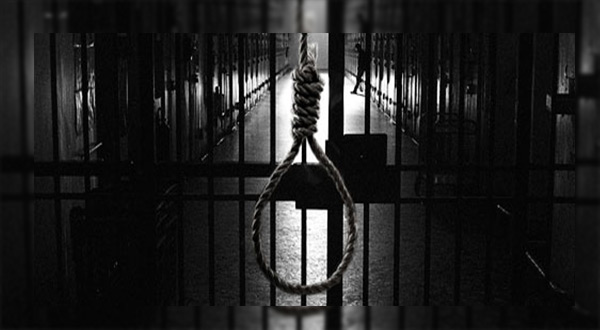On the occasion of the World Day Against the Death Penalty, Americans for Democracy & Human Rights in Bahrain said that Saudi Arabia, one of the most frequent executioners in the world, has already carried out over 100 executions for the third year in a row.
ADHRB further added that in January, Bahrain had broken a seven-year de facto moratorium on capital punishment, executing three torture victims. Likewise, Kuwait ended a four-year moratorium on the death penalty when the government executed seven men that same month.
Accordingly, the rights group denounced the use of the death penalty, and called on all states, in particular Bahrain, Kuwait, and Saudi Arabia, to commute all existing death sentences and impose an immediate moratorium on capital punishment with a view toward abolition.
Husain Abdulla, Executive Director of ADHRB explained that "an increasing number of states around the world have passed legislation abolishing the death penalty, and the number of retentionist states decreases every year."
He went on to say that "the death penalty remains to be an increasingly acceptable form of punishment for a range of crimes, including peaceful dissent" in the states of the PGCC.
"Bahrain and Saudi Arabia are increasingly using the death penalty as a political weapon against activists and peaceful dissidents, who are convicted only after torture and unfair trials. These executions fly in the face of international norms, as many of those on death row are certainly not there because of ‘most serious crimes,' but for partaking in their internationally-sanctioned human rights," the ADHRB director said urging the international community to speak up and take action since staying "silent on these cases is a travesty".
In conclusion, ADHRB calls on all states, including the members of the PGCC, to halt executions and commute all current death sentences, with a view toward the ultimate abolition of capital punishment.
It also commended that Saudi Arabia and Bahrain, to halt their use of executions for individuals expressing peaceful dissent, and in all cases where due process violations have occurred, including the use of torture.
/106

